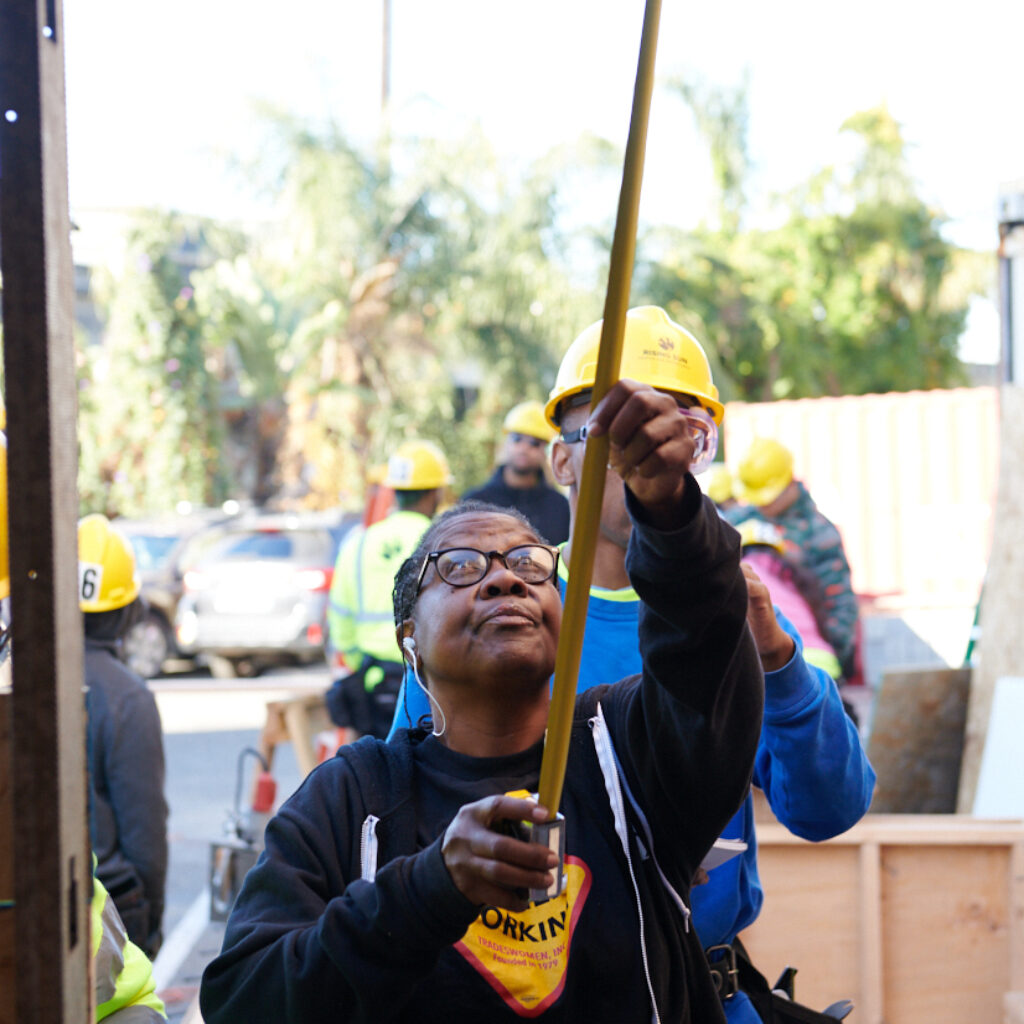Day one, read here
Day two, read here
DAY THREE:
This morning I had an engaging conversation with a Vice Chancellor from Kenya and an expat living in Kenya who has developed a low cost private school model in Kenya. The organization, a for profit, opens schools in rural areas where schools do not exist and charges parents about $6 a month per child schooling. $6 per month is about 10% of the average monthly income. Parts of the lessons are taught with model tablets that can store a great deal of curriculum, lessons and books, bringing mobile technology into the rural areas. It is an interesting model for education and one I want to think and learn more about.
The morning session was about how children succeed; the hidden power of character.
Paul Tough gave the keynote address, which emphasized that character building skills are as important as basic academic skills for a child’s success. Character building skills are defined as curiosity, optimism, creativity, self-control, zest, gratitude and grit. He defined grit as the passion and perseverance for long term goals. He stated that there are two critical times in a child’s life were intervention in teaching these skills is imperative: early childhood and adolescence. Adolescence because of the brain’s development at this time and its ability for metacognition; reflection of one’s own behaviors and ability to change patterns, habits and behavior. This made me reflect on the CYES program and the opportunity we have to foster these character building traits with our youth. In fact, much of what we do does exactly this, but a key question is how can we continue to enhance our program to foster this and continue to develop the inner strength and resilience of our youth?
A couple examples Paul gave was around teaching youth to manage failure and mistakes through consistent and honest feedback that was tough and demanding as well as supportive and encouraging. This builds trust and shows care, which is essential in building grit. He also said communicating high expectations and belief in them was critical. He defined the creativity equation as not just about brainstorming and innovative ideas, but also the ability to turn those ideas into something through productive, hard work where there was lots of iterations. These are the skills that help a young person become successful.
In thinking about all of this, I realized that one of Rising Sun’s key roles is to supplement the formal education system with informal education which provide the skills needed to succeed in the 21st century in a real world setting. Rising Sun’s role is also to provide young people and adults with barriers to employment with the ability to solve 21st century problems: climate change and poverty alleviation via employment.
The next workshop focused on the concept of badges for skills that would be based on validated data and would exist in addition to higher education certifications. The idea is that a person could earn a badge through an informal education program, like GETS, or take an assessment that demonstrates a skill and earn a badge. These badges would signal to a potential employer that someone has a competency in a particular skill.
The theory is that people are lifelong learners and gain skills throughout their life. The assumption that higher education is for all is not necessarily true. It also doesn’t necessarily qualify a person for a job and can be cost prohibitive. This idea is in its nascent stages, but could have significant implications for programs like GETS as well as GETS participants who could have more access and opportunities based on the badge system. The badge system could be implemented within a city, and all learning in that city could be coordinated and create a learning ecosystem. It is a dynamic and flexible approach; a new idea that requires a lot more thought. But it’s an intriguing one that responds to the needs of the 21st century.
The last session was a speech from the WISE award Laureate, Ann Cotton founder of CAMFED an organization that has brought education to hundreds and thousands of girls in rural Africa. She was truly inspiring and a model for a global citizen who has made a tremendous impact in the lives of so many.
Inspired by the WISE Summit and re-fueled to imagine the potential of our programs in solving the problems of climate change and poverty. I am ready to learn more and continue to create solutions to these pressing global problems.
You can give us your personal thoughts on this post by commenting.
